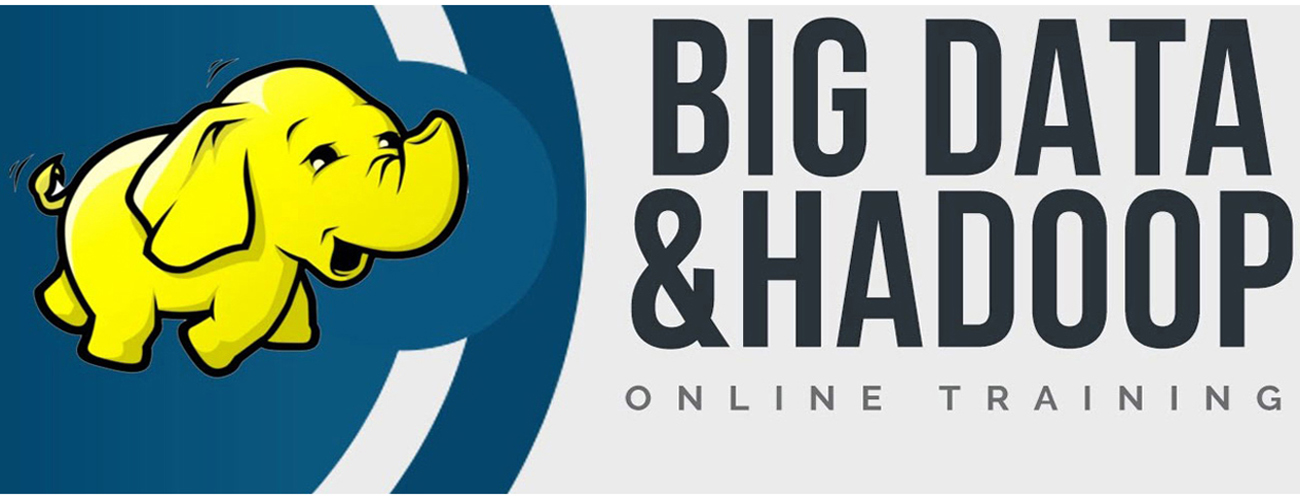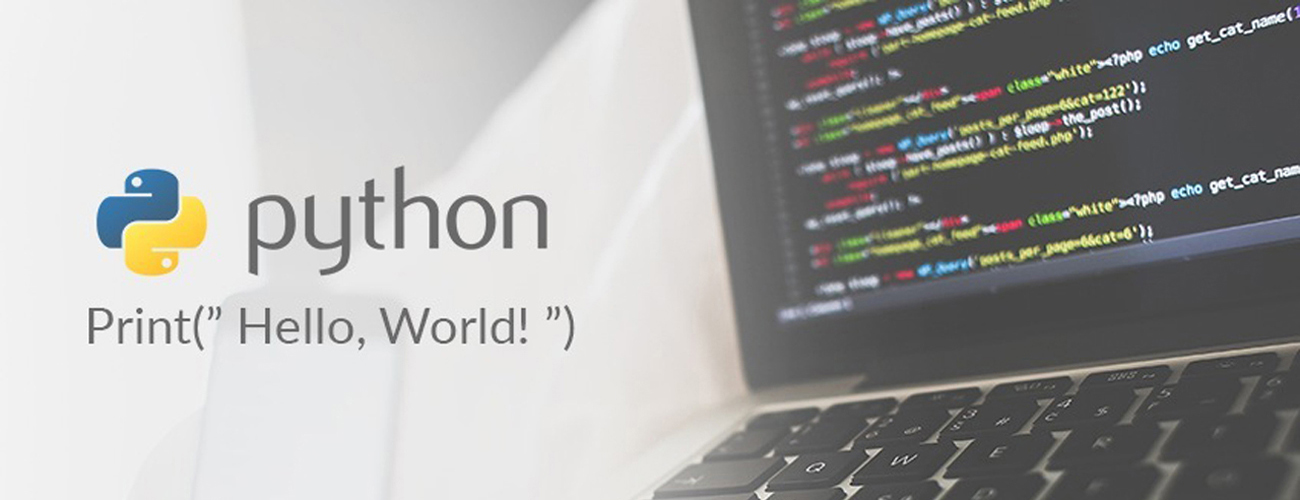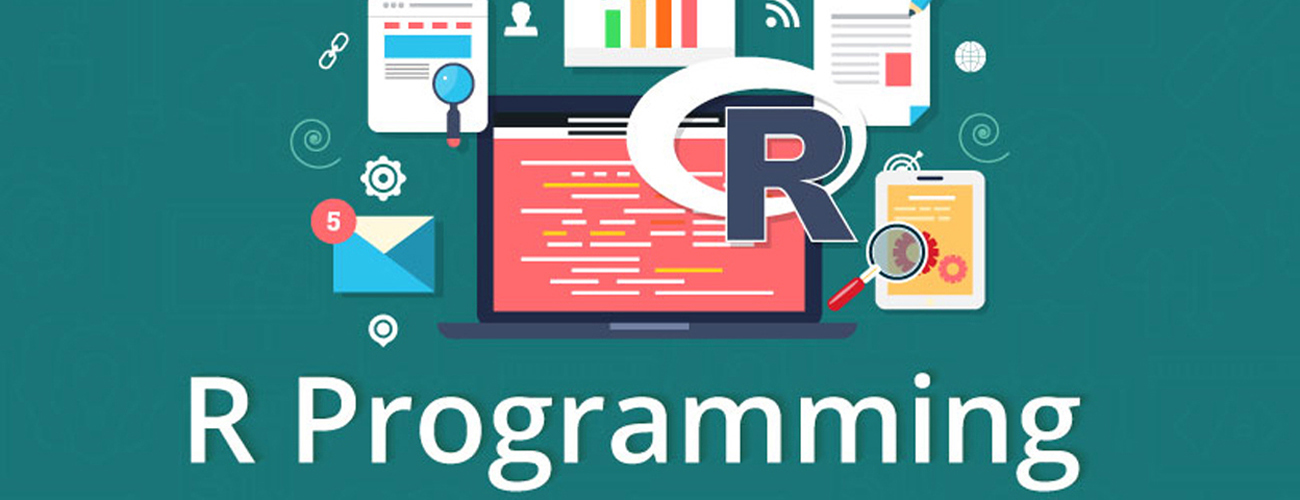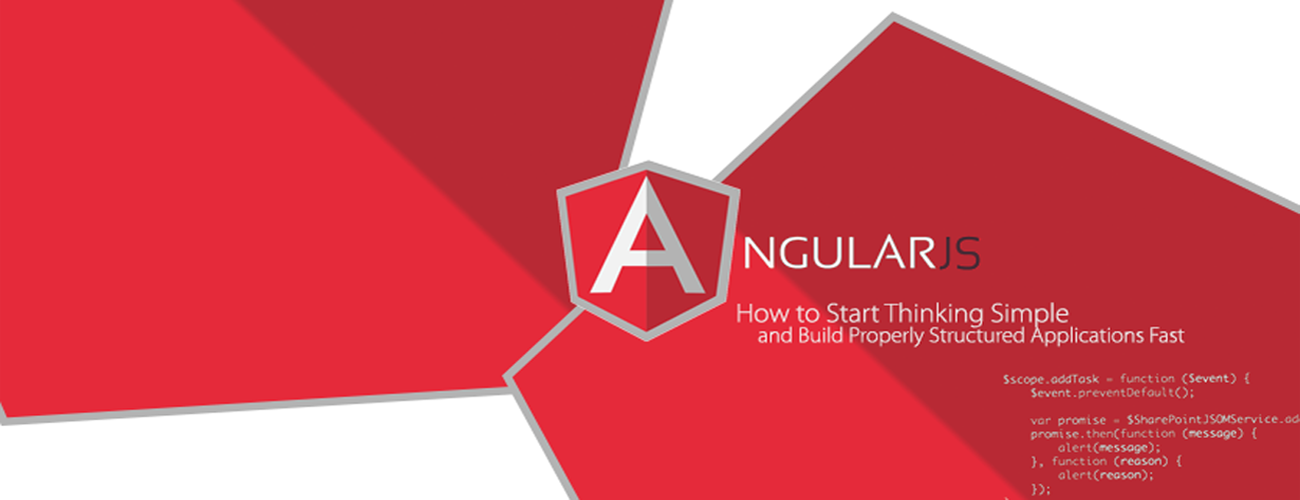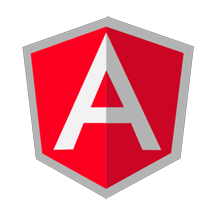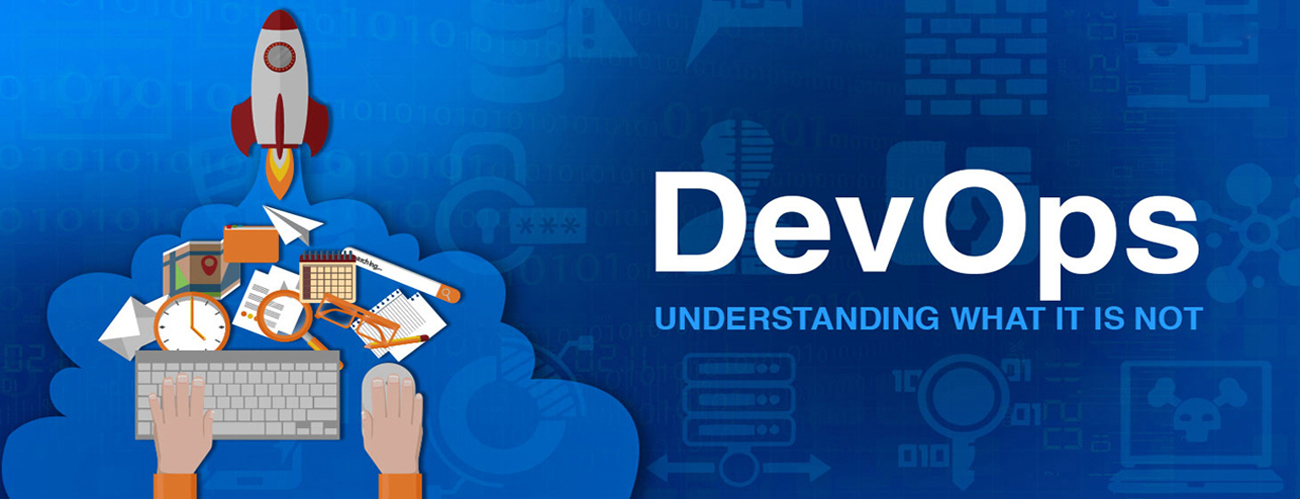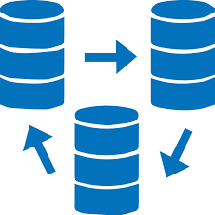Data Science Introduction
An understanding of Big Data and the Roles and Responsibilities of a Data Scientist. You will learn how Hadoop and R are used in Big Data Analytics and what are the methodologies used in the Analysis.
Introduction to Data Science
Objective: This module will give you an understanding of Big Data and the Roles and Responsibilities of a Data Scientist. You will learn how Hadoop and R are used in Big Data Analytics and what are the methodologies used in the Analysis. This module will cover common Big Data as well as non-Big Data problems and available methods in Data Science to solve these problems. We will also solve few real-life data sets a Data Scientist encounter in his day to day work using R, Hadoop and Mahout.
Topics: Introduction to Big Data, Roles played by a Data Scientist, Analyzing Big Data using Hadoop and R, Methodologies used for analysis, the Architecture and Methodologies used to solve the Big Data problems, For example, Data Acquisition from various sources, Data preparation, Data transformation using Map Reduce (RMR), Application of Machine Learning Techniques, Data Visualization etc., problem statement of few data science problems which we shall solve during the course.
Basic Data Manipulation using R
Objective: In this module, you will learn the various data manipulation techniques using R.
Topics: Understanding vectors in R, Reading Data, Combining Data, subsetting data, sorting data and some basic data generation functions.
Machine Learning Techniques Using R Part-1
Objective: In this module, you will get an overview of the Machine learning Algorithms, and Supervised and Unsupervised Learning Techniques.
Topics: Machine Learning Overview, ML Common Use Cases, Understanding Supervised and Unsupervised Learning Techniques, Clustering, Similarity Metrics, Distance Measure Types: Euclidean, Cosine Measures, Creating predictive models.
Machine Learning Techniques Using R Part-2
Objective: In this module, you will learn Unsupervised Machine Learning Techniques and the implementation of different algorithms, for example, K-Means Clustering, TF-IDF and Cosine Similarity.
Topics: Understanding K-Means Clustering, Understanding TF-IDF and Cosine Similarity and their application to Vector Space Model, Implementing Association rule mining in R.
Machine Learning Techniques Using R Part-3
Objective: In this module, you will learn the Supervised Learning Techniques and the implementation of various Techniques, for example, Decision Trees, Random Forest Classifier etc.
Topics: Understanding Process flow of Supervised Learning Techniques, Decision Tree Classifier, How to build Decision trees, Random Forest Classifier, What is Random Forests, Features of Random Forest, Out of Box Error Estimate and Variable Importance, Naive Bayes Classifier.
Introduction to Hadoop Architecture
Objective: In this module, you will learn the HDFS Architecture, MapReduce Paradigm and few data acquisition techniques in Hadoop.
Topics: Hadoop Architecture, Common Hadoop commands, MapReduce and Data loading techniques (Directly in R and in Hadoop using SQOOP, FLUME, and other Data Loading Techniques), Removing anomalies from the data.
Integrating R with Hadoop
Objective: In this module, you will learn the methods to integrate two popular open source softwares for Big Data analytics: R and Hadoop. You will also learn techniques to write your own Mappers and Reducers.
Topics: Integrating R with Hadoop using RHadoop and RMR package, Exploring RHIPE (R Hadoop Integrated Programming Environment), Writing MapReduce Jobs in R and executing them on Hadoop.
Mahout Introduction and Algorithm Implementation
Objective: In this module, you will understand Apache Mahout Machine Learning Library and will also gain an insight into the methods to achieve Parallel Processing using Algorithms in Mahout.
Topics: Implementing Machine Learning Algorithms on larger Data Sets with Apache Mahout.
Additional Mahout Algorithms and Parallel Processing using R
Objective: In this module, you will learn how to implement Random Forest Classifier with Parallel Processing Library in R.
Topics: Implementation of different Mahout algorithms, Random Forest Classifier with parallel processing Library in R.
Project
Objective: In this module, you will learn various approaches to solve a Data Science problem and How different technologies and Tools (R, Hadoop, Mahout) work together in a typical Data Science Project.
Topics: Project Discussion, Problem Statement and Analysis, Various approaches to solve a Data Science Problem, Pros and Cons of different approaches and algorithms.
Online live courses have become extremely popular due to the following reasons:
- Flexibility and convenience of location and time.
- As the course is spread over a few weeks, you get a chance to practice what you have learnt in a session before the following session. This results in much better understanding and learning
- You get 24x7 learning support and access to excellent learning resources, subject materials at one place.
- You can interact and collaborate with the industry experts, instructors, other learners of the course during and after the course
- Access to the sessions recordings – this is important if you miss a session or want to do a quick revision
- Provision of real-time cloud based labs.
On enrollment, each student is given access to a personalized LMS - Learning Management System. This features your class recordings, presentations, assignments, installation guides, data-sets, quizzes, forums and project documents.
This LMS access is for life-time.
We have a 24/7 support team featuring expert professionals with at least 3 years of experience in the specific technology. In addition to this, they're also given soft-skills training to ensure the best possible experience for you.
The support team is accessible via phone, email, live chat & video-calls. Please note, this is a lifetime facility. Even after course completion you can access the support facilities.
We are only happy, if you are happy. If you have any reason to doubt the content, delivery & expertise of our program, you are eligible for a 100% refund within 7 days of enrollment.
Your payment only comes into our accounts after 7 days, thus ensuring that your refund will be immediately processed.
If you enroll for 2 or more courses at once; your refund policy only stands till the completion of the first course.
We offer 100% placement assistance to its learners who are open to new job opportunities:
- We have collaborated with many companies who give us their hiring requirements
- These hiring partners also have access to the profiles of the learners who are looking for career opportunities, to initiate a contact with them
- Learnests will also send you a curated list of job postings that come up on various websites pertaining to your field of interest.
Note: Learnests offers placement assistance to every learner who wishes to look at career opportunities. However, we do not offer any job guarantee.
During this course; you will be provided with 5 live industry grade projects. Each project will feature data-sets, use-cases & guides from the following industries:
- Finance
- Healthcare
- Social Media
- Entertainment
- Retail
It will take you an average of 10 hours to complete each project.
Each student will be given a certification of course completion only after they finish the classes as well as their projects. The grade will be based on their performance as judged by the instructor. This certificate is recognized by all our corporate partners.


